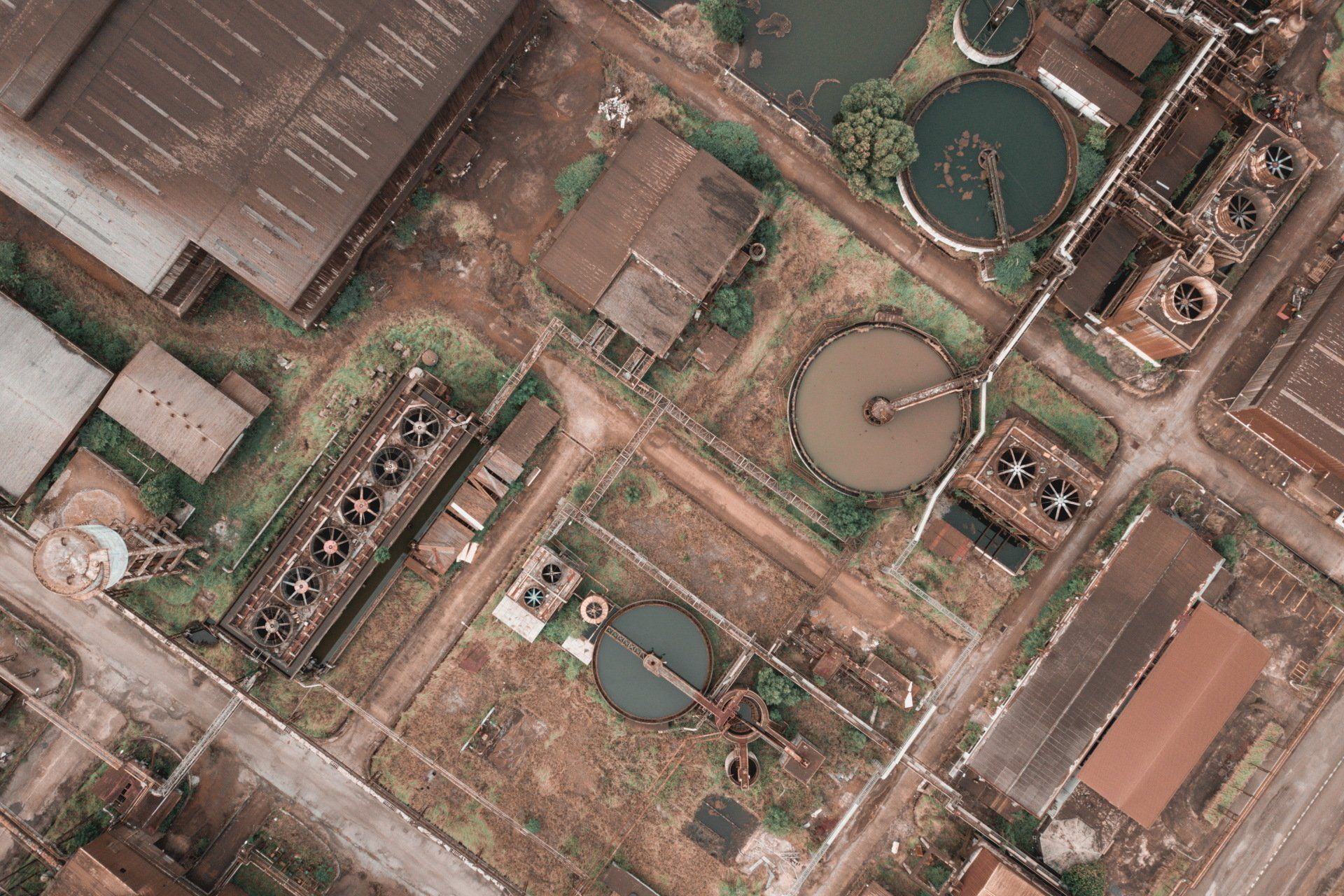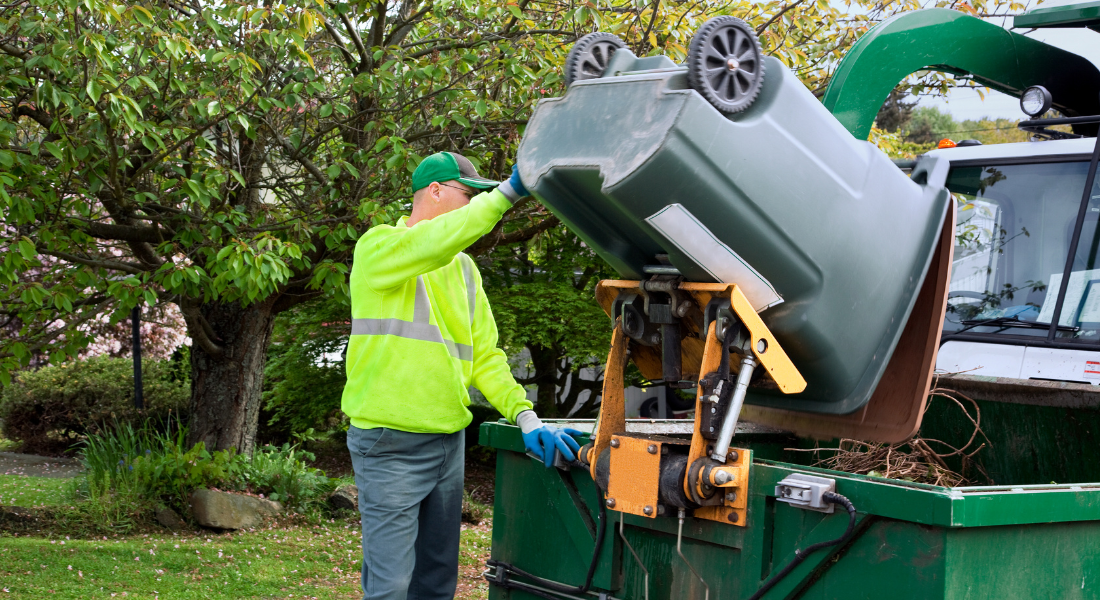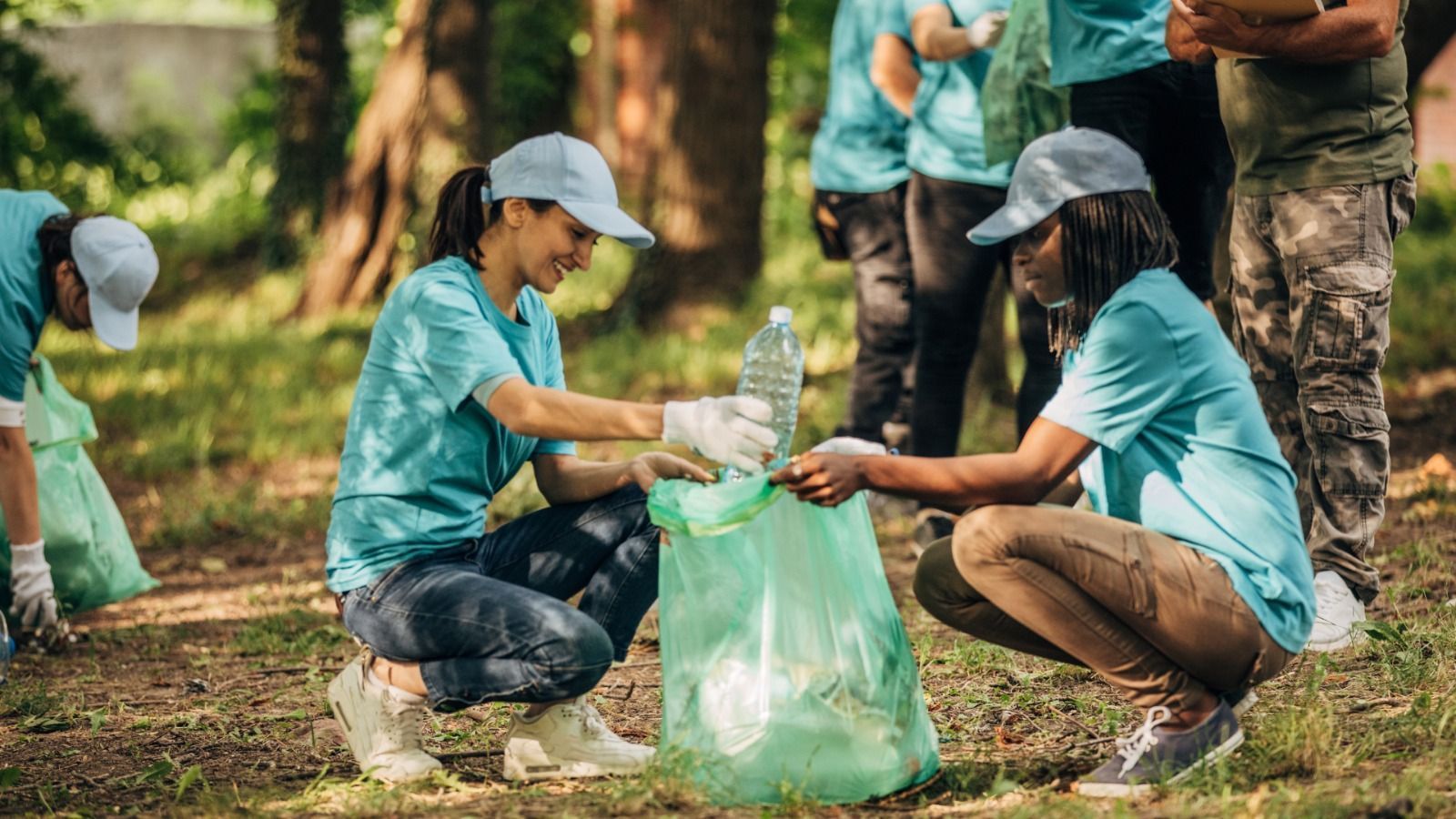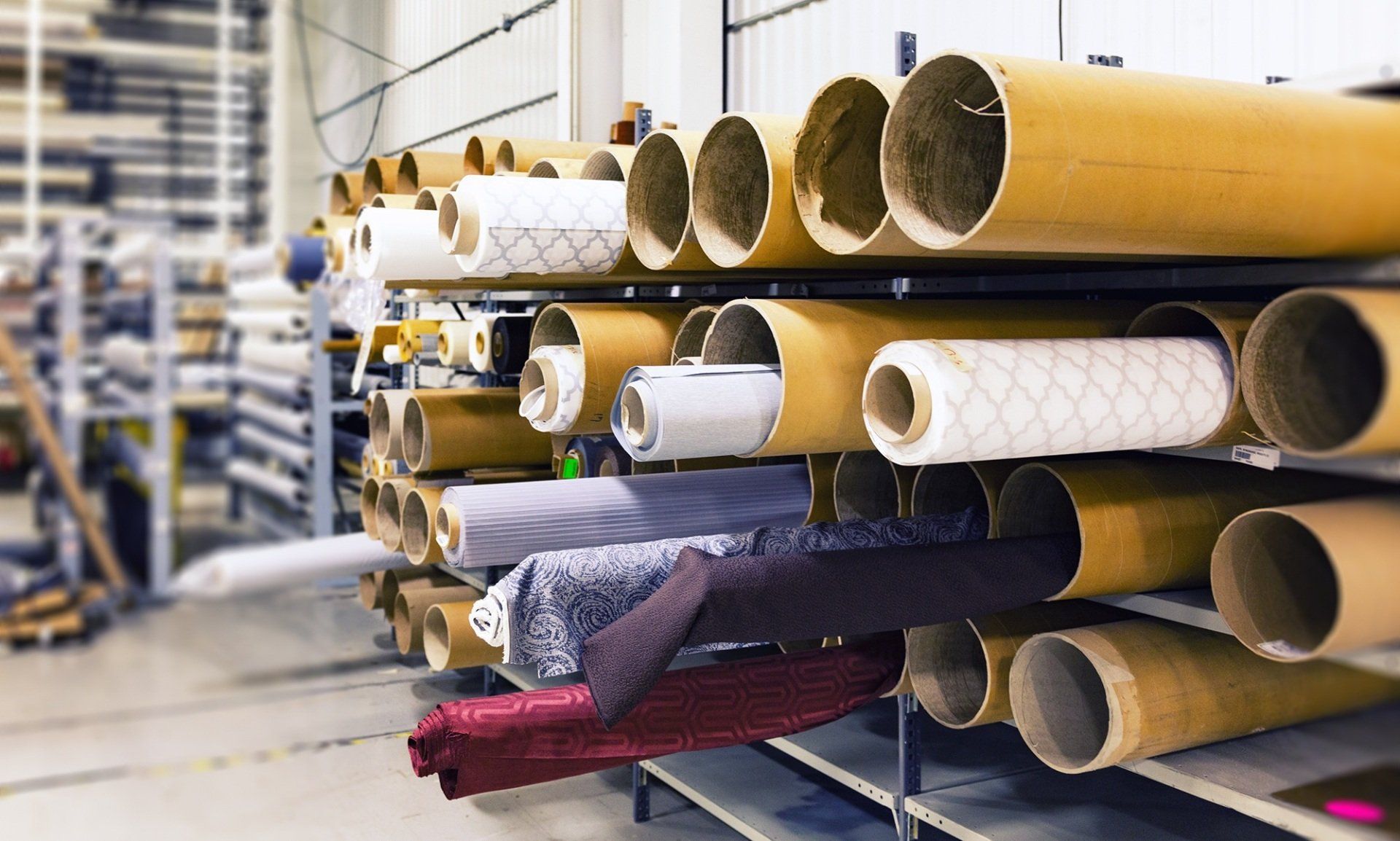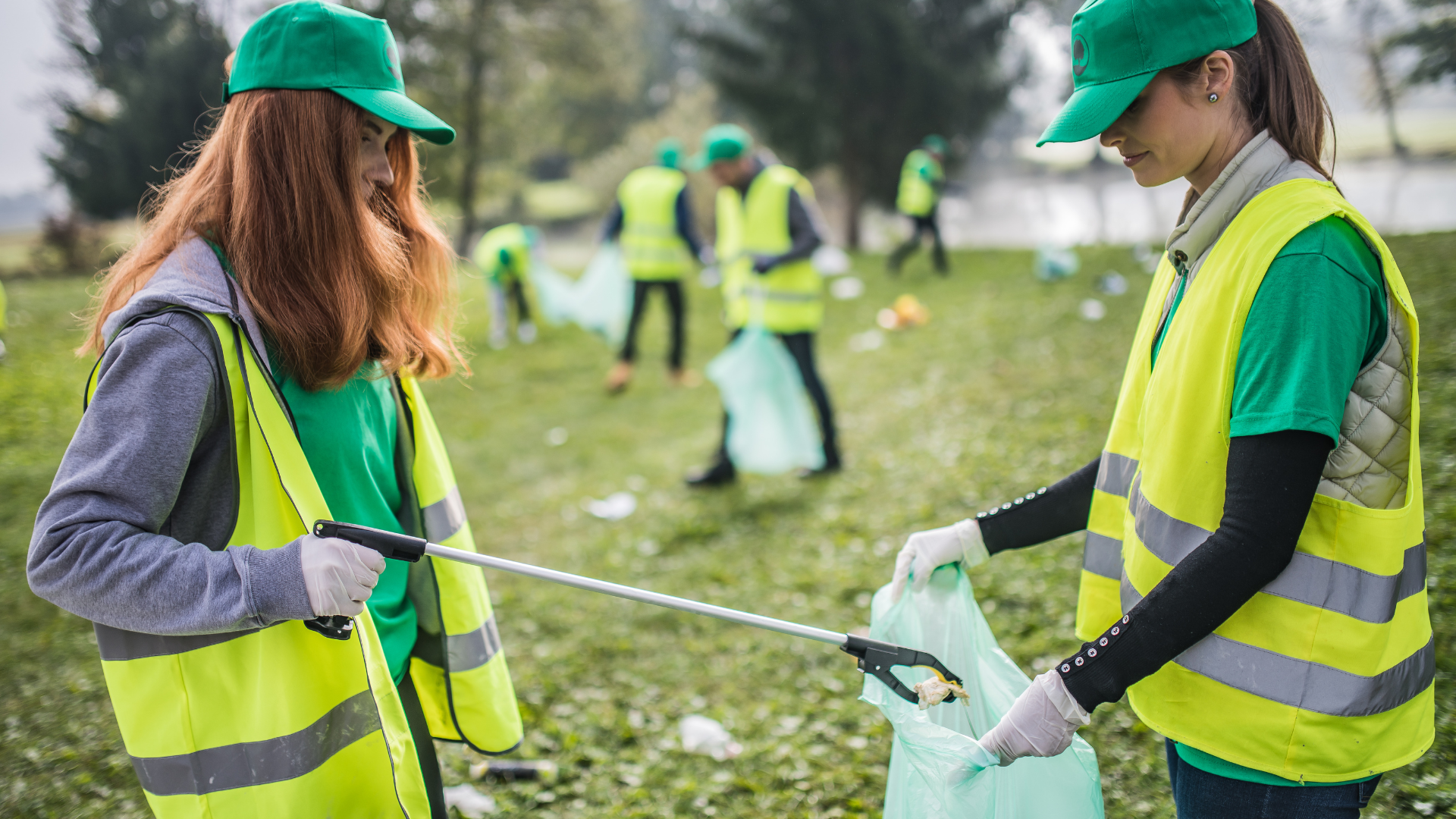What Happens When You Recycle? A Behind-the-Scenes Look
Fozaibsolutions • June 17, 2023
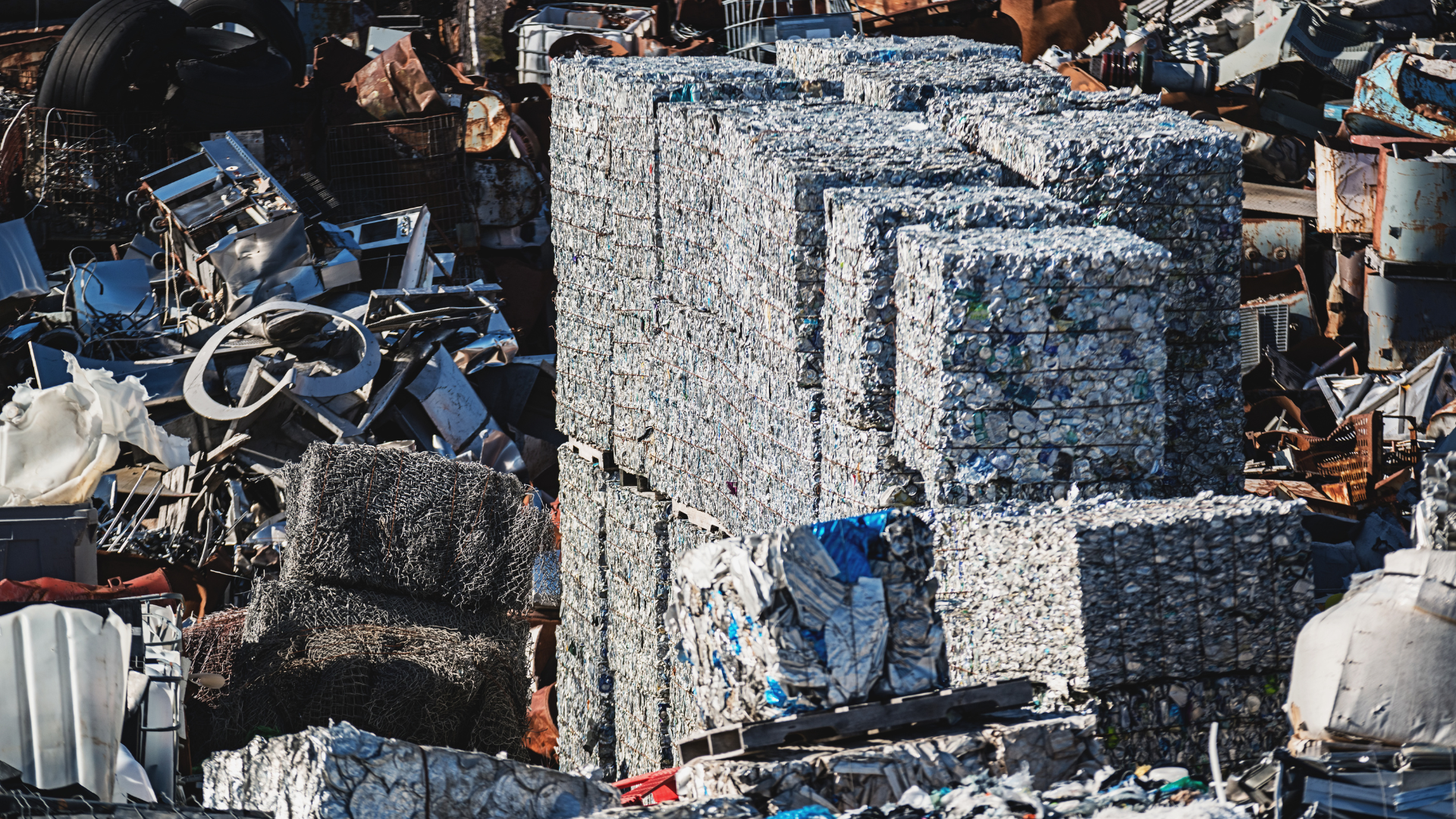
We've all been there – standing in front of several bins, puzzled about which one to toss our waste into. While we may have a basic understanding of recycling, do we really know what happens when we recycle? And more importantly, how does our individual effort impact the global environment? Well, wonder no more! We're here to demystify the whole process and show you exactly what happens when you recycle. Just sit back, relax, and join us on this behind-the-scenes journey!
Why Bother Recycling?
You might be thinking, "What's the big deal about recycling anyway?" Great question! There are several reasons why recycling is important:- Conserving natural resources : Recycling helps reduce the need for extracting raw materials from the earth. This not only saves energy but also helps preserve valuable resources for future generations.
- Saving energy : Manufacturing products from recycled materials typically requires less energy than using raw materials. This means reduced greenhouse gas emissions and a smaller carbon footprint.
- Reducing landfill space: By recycling, we can divert waste from landfills and reduce the amount of pollution caused by decomposing waste.
- Creating jobs : Recycling promotes job creation in various sectors, including collection, processing, and manufacturing industries.
- Environmental sustainability : Ultimately, recycling contributes to creating a healthier, greener planet.
Types of Recyclable Materials
Recycling facilities can process a wide range of materials. Some common recyclable items include:- Paper and cardboard
- Glass
- Metal (aluminum and steel cans)
- Plastic (bottles, containers, and packaging)
- Electronics (e-waste)
The Recycling Process: From Collection to Rebirth
So what exactly happens when you send your recyclables on their merry way? Let's break it down step by step:- Collection : Your recyclables are picked up from your curb or drop-off locations and hauled to a sorting facility.
- Sorting : Here’s where the magic happens! At the sorting facility, various machines separate the different types of recyclable materials using magnets, air classifiers, and optical sensors.
- Baling : Once sorted, each material is compressed into large bales for easy transportation.
- Transport : The bales are then shipped to manufacturing facilities to be transformed into new products.
- Processing : Each type of material undergoes a specific process:
- Paper/cardboard : cleaned, pulped, and turned into new paper products.
- Glass : cleaned, crushed into cullet, melted, and formed into new glass items.
- Metals : separated and melted down for reuse in various new products.
- Plastics : cleaned, shredded into flakes or pellets, melted down and remolded into new plastic products.
Common Recycling Myths Debunked
You may have heard some misconceptions about recycling that could discourage you from participating. Let's set the record straight: Myth: Recycling is too much work.
Fact
: Once you develop a recycling routine, it becomes second nature and takes minimal effort.
Myth: All waste can be recycled.
Fact
: Not all materials can be recycled, so it's crucial to know what your local program accepts.
Myth: Recycling uses more energy than it saves.
Fact
: Studies show that recycling saves significant amounts of energy compared to using raw materials in manufacturing.
In Conclusion: The Power of Recycling
There you have it – the complete lowdown on what happens when you recycle! As you can see, recycling plays a vital role in conserving our planet's resources, reducing pollution, and driving environmental sustainability. So next time you're hesitating about which bin to use or wondering if your efforts make a difference, remember that every little bit counts. Together, we can help create a greener future for generations to come.GET IN TOUCH TODAY
TVG Waste Consulting
provides proactive environmental consulting services. We're dedicated to saving you time, money, and making sure you have a custom solution to meet your needs.
Contact us
today!
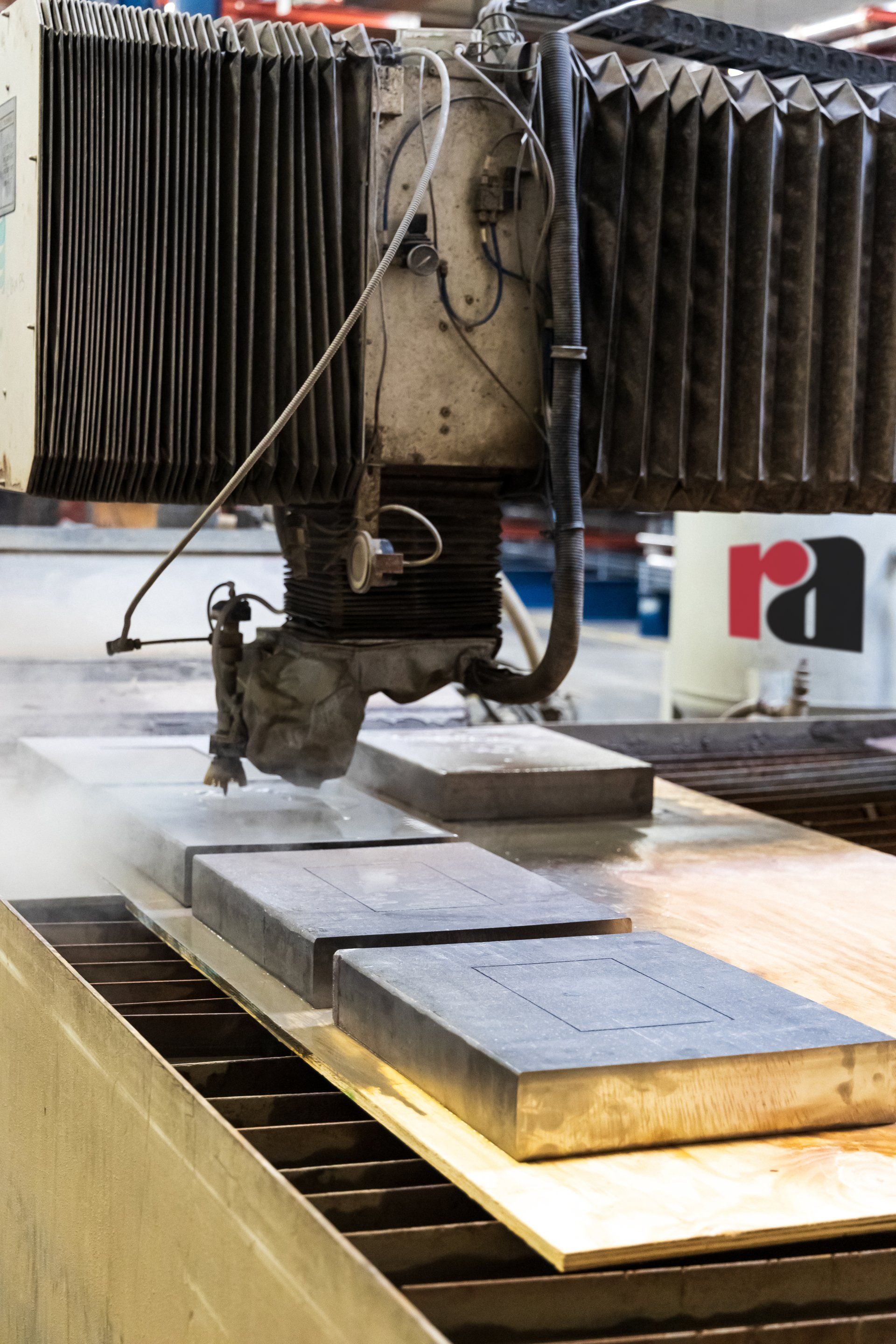
Strategizing on waste solutions goes beyond the confines of the business premises. It extends to the choice of suppliers and partners that a business collaborates with. Working with eco-friendly suppliers means that the products entering the manufacturing process are already optimized for minimal waste.
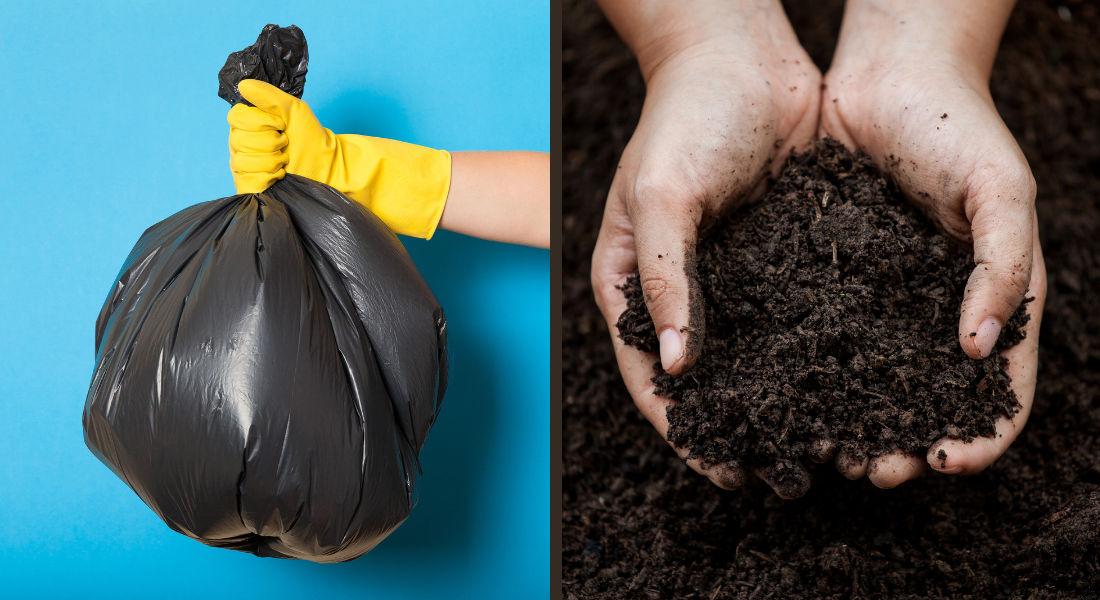
That crumpled receipt. The worn-out tennis shoes with the holes. The leftover spaghetti that's been in the fridge just a little too long. When we're ready to get rid of our waste, we toss it in the bin without a second thought. But where does our trash go after it leaves our homes? What happens to it next? The life cycle of garbage is more complex than you might think. By understanding the path our waste takes, we can make more informed choices to reduce its environmental impact.

